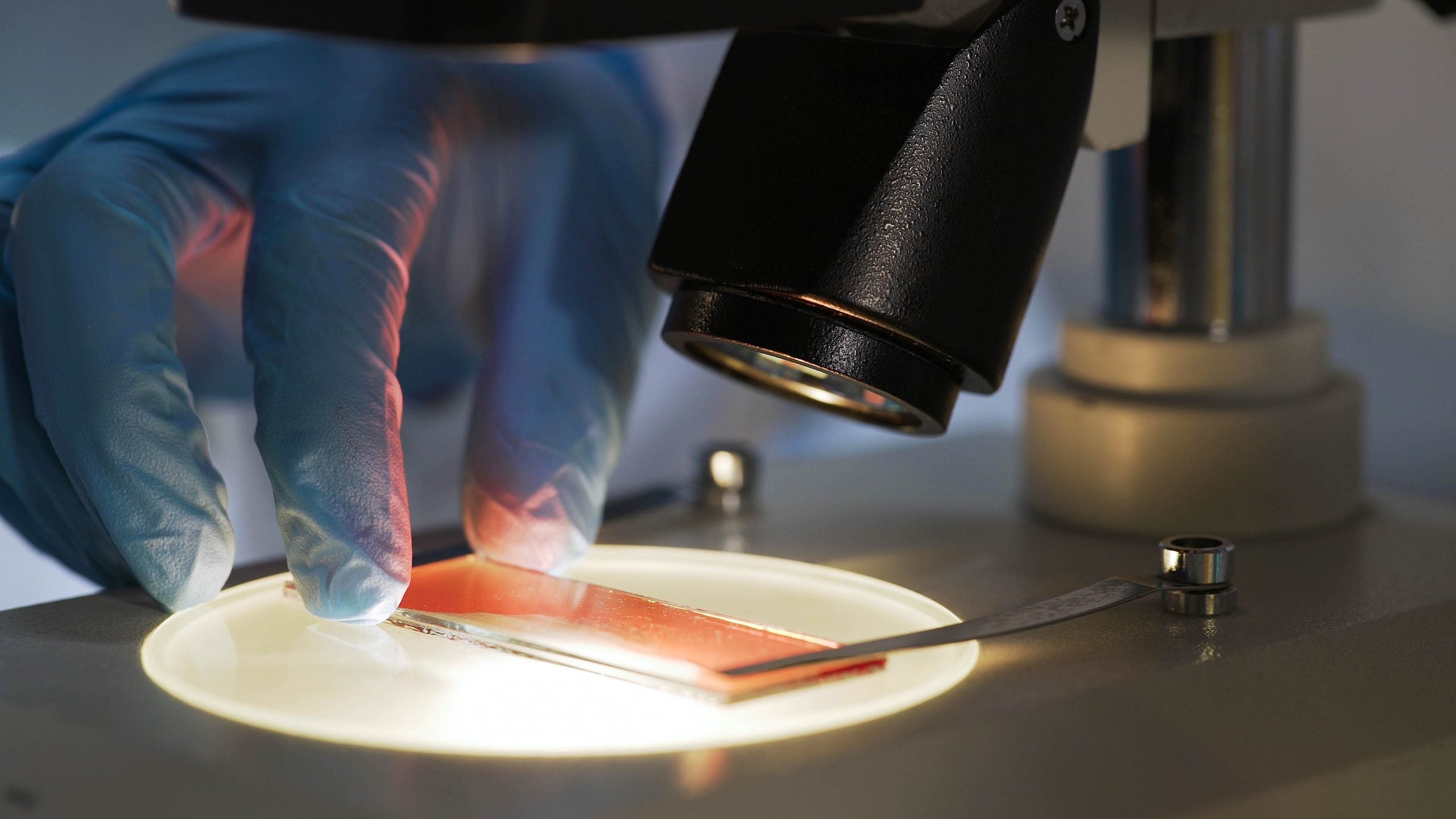Opinion: The next frontier in biomedicine: AI models of the human immune system
The next frontier in biomedicine: AI models of the human immune system, write Wayne C. Koff, Eric E. Schmidt, and Peter C. Doherty.

If the Covid-19 pandemic has shown us one thing, it is how little we really know about how the human immune system works. Despite the remarkable success in development of vaccines to prevent severe disease from SARS-CoV-2, it remains unclear how SARS-CoV-2, a newly emerging virus, causes such a broad spectrum of disease, ranging from asymptomatic and mild cases to severe disease and death. But the reality is that this pattern also holds for other infectious diseases, such as HIV, and for noncommunicable diseases, including responses to cancer immunotherapy, and disease presentation in autoimmune, neurodegenerative, and metabolic diseases as well as allergies.
Decoding and harnessing the power of the human immune system is one of the great frontiers of biomedicine. The immune system consists of an integrated network of genes, proteins, cells, and tissues, billions of times larger and more complex than the human genome. It varies across individuals and over time, due to a broad spectrum of factors including age, genetics, and environment. It is the basis for many of our most important health interventions, from vaccines to emerging immunotherapies.
What's Your Reaction?

































